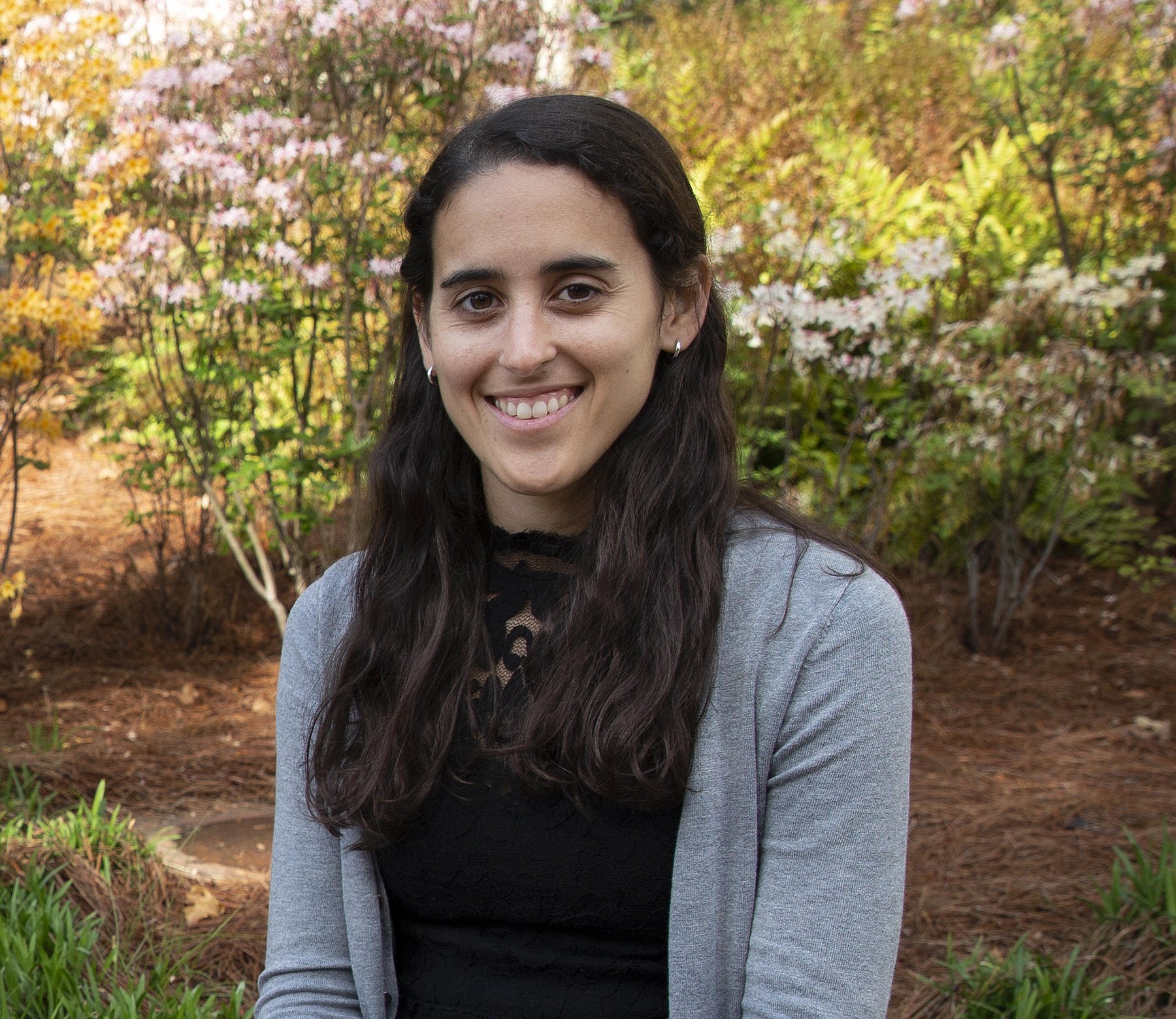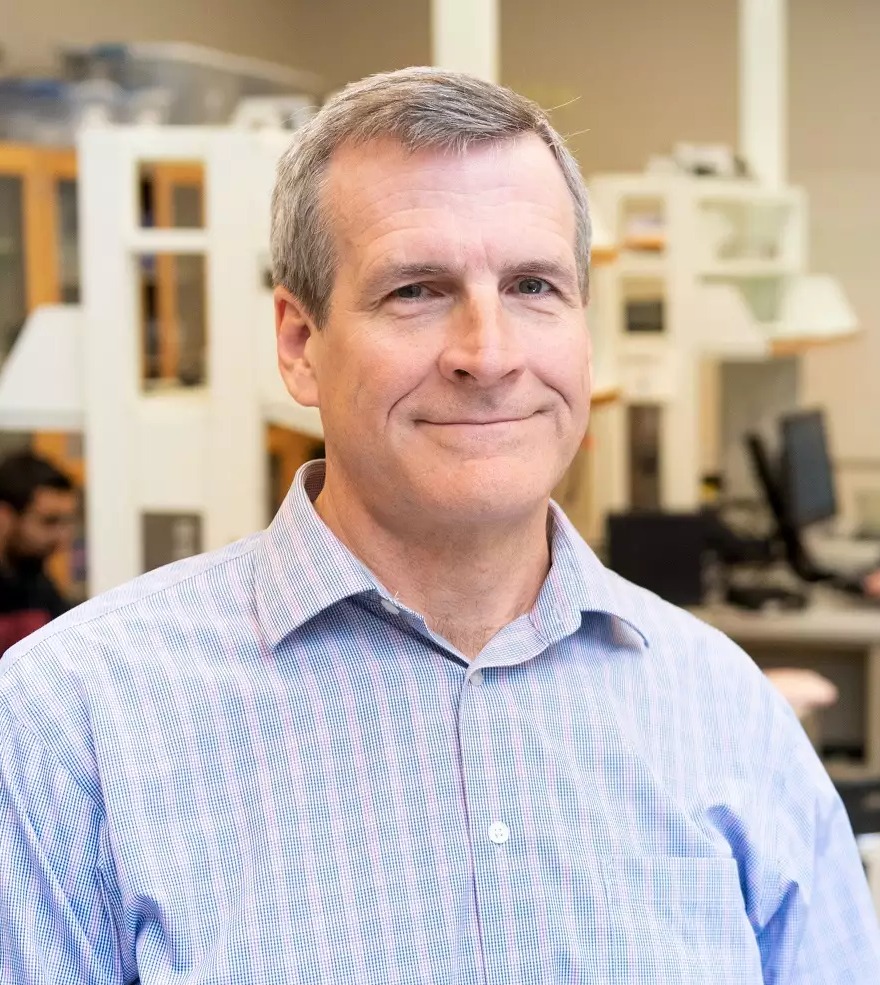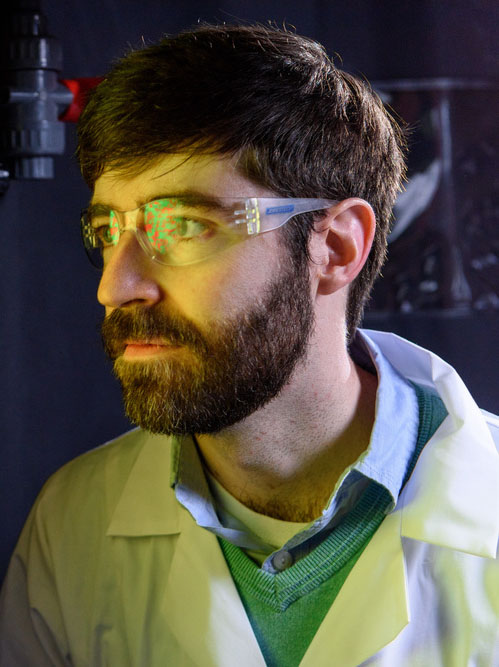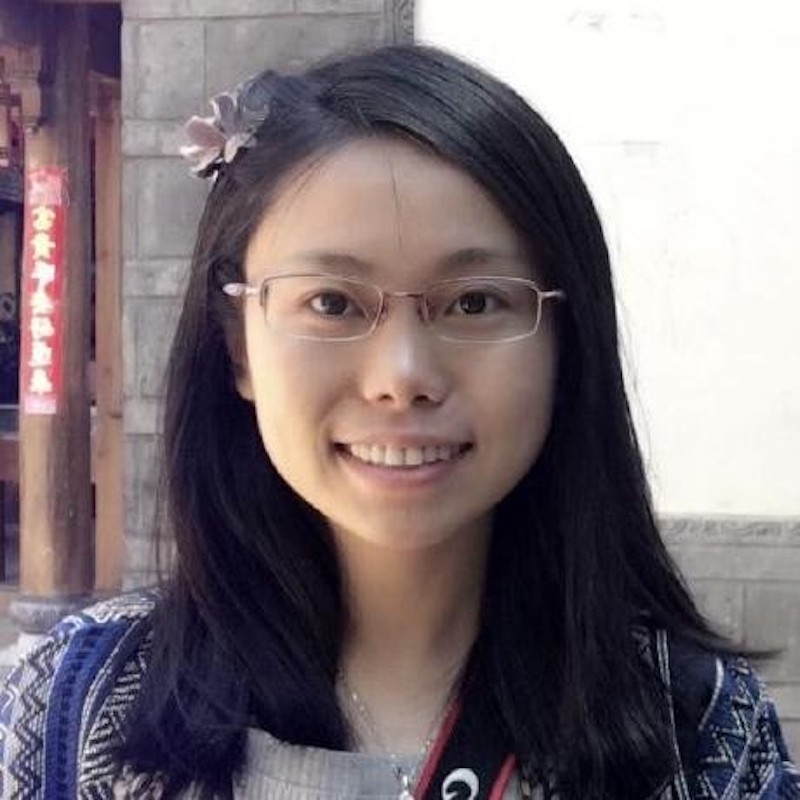Educational Experience:
Ph.D., Ecology & Evolution, Florida International University, B.Sc. (Hons), Zoology with Conservation, University of Wales
Research Interests:
Evolutionary ecology, community ecology, species interactions, microevolution, macroevolution, herpetology, global change biology, climate change, invasive species, functional morphology
Overview:
Welcome to the Stroud Lab!
Our goal is to understand the ecological and evolutionary processes responsible for driving patterns of biodiversity across space and time. To do that, we study the evolutionary ecology of lizards: a fascinating and hyper-diverse group of organisms.
Our approach is highly multidisciplinary, integrating ecology, evolution, behavior, physiology, biomechanics, and natural history. To do this, we combine field studies in the wild with macro-ecological and evolutionary analyses.
For more information on our key research themes please take a look at our website (above; soon to be updated) and please get in contact if any of our research interests you!










